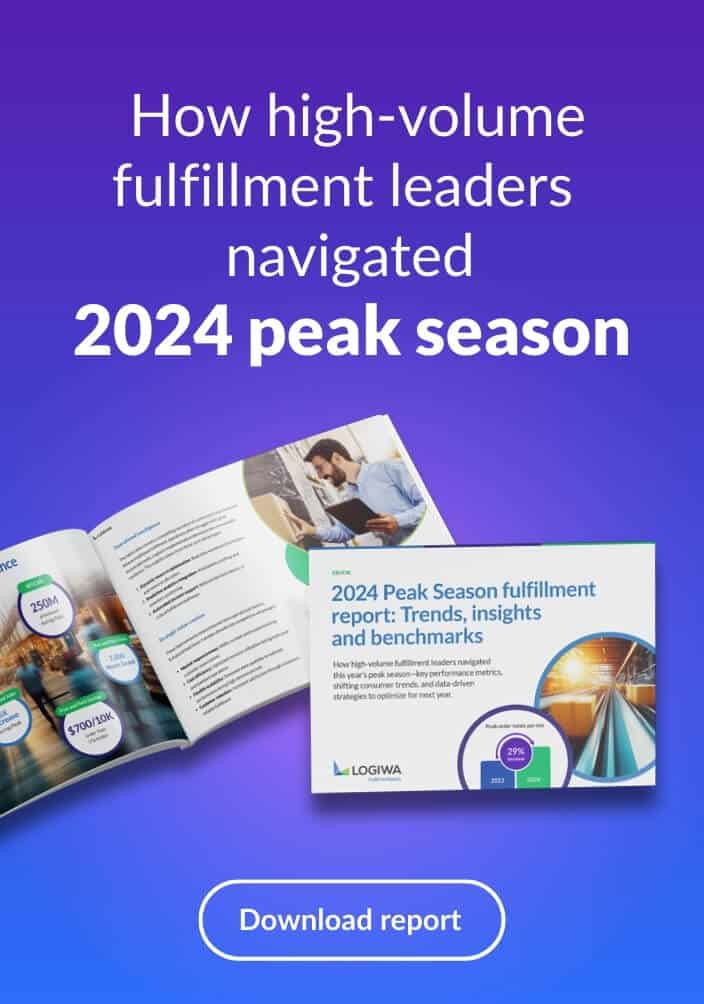No matter what your industry might be, you work with suppliers. It could be raw materials, partially finished products, or even fully finished products that you then resell to your own customers. The challenge today is that the supply chain is becoming more and more complex.
That’s further complicated by the fact that only 22% of companies have a proactive supply chain network. Only 15% of companies report visibility on production, and a full 62% have limited visibility into the majority of their supply chain.
This makes it harder than ever to ensure that you’re working with the right suppliers and that those processes are efficient and streamlined. In this guide, we’ll explore what you need to know about supplier relationship management and its impact on your organization.
Contents
What Is Supplier Relationship Management?
The first step in understanding how to improve buyer-supplier relationships is to realize just how critical it is to manage those connections in the first place. Supplier relationship management is precisely what it sounds like – a way to evaluate the relationships you have with your suppliers, identify breakdowns, bottlenecks, and inefficiencies, and find ways to change things.
If change is not possible, you can then move on to find a new supplier that fits your needs better. During this process, you’ll examine supplier performance to pinpoint problem areas and ensure that you’re truly working with a partner that matches your needs and goals. Ultimately, you will then be able to build strong, lasting relationships that foster streamlined processes and improved cooperation that support mutual success.
Logiwa makes it easy for fulfillment networks to scale up all fulfillment operations. Explore the merchant fulfillment hub dynamics.
Why Does Supplier Relationship Management Matter?
Why should you bother building stronger relationships with your suppliers? It’s all about optimizing supply chain operations. By doing so, you’re able to enjoy a wide range of benefits, including an improved ability to compete within your industry, vertical, or niche. That doesn’t even touch on the cost savings you’ll enjoy through better supply chain operations management or the agility stemming from improved strategies.
The Benefits of Supplier Relationship Management
Strong relationships with the right suppliers can provide critical advantages for your business. We’ll explore the most important ones below.
The Right Fit
One of the most obvious advantages of buyer/supplier relationship management is the ability to ensure you’re working with the right supplier. Suppose you have two companies that offer the same (or similar) supplies or materials.
One company offers a slightly lower price, but a longer delivery time. They may also cost you more in other ways, such as reduced quality, less support when there’s a problem, outages during critical times for your business, and more.
The second supplier might cost a little more upfront but offers higher quality, never suffers from outages, and is there when you need them. Supplier relationship management allows you to examine your suppliers for the right fit and then make informed decisions that support profitability and growth.
Unlock a personalized tour of Logiwa IO
Meeting Expectations
When you enter into a relationship with a supplier, you have certain expectations for their performance. However, if you do not measure and manage the relationship, you have no idea if those expectations are being met, at least not until a supplier’s failure to do so causes major problems. By using critical data and KPIs, it is possible to determine if expectations are being met, and where the supplier is falling short. From that point, you can make adjustments, or choose a new supplier to maximize performance and warehouse efficiency.
Leverage Strengths and Correct Weaknesses
Sometimes, changing suppliers isn’t the right answer. In those cases, it’s better to identify the strengths and weaknesses of your current supplier so that you can leverage the positive aspects and correct the problems. Drill down into areas where KPIs are not being met to identify these problem areas and then work with your supplier to identify the solution and apply it. Your relationship will be even stronger for it.
Financial Savings
How much does it cost your organization to find a new supplier and establish a relationship? It’s not only expensive but also time-consuming and complicated. With supply chain operations management, you’re able to maximize your existing relationships and make strategic decisions regarding changes, helping you save money, time, and sanity.
Fewer Suppliers in the Mix
Once you start examining the suppliers you work with and their value to your organization, it becomes possible to consolidate suppliers. One supplier might be able to take the place of two or even three others. And with fewer suppliers in the mix, your supply chain management becomes less complex and you’re also able to reduce costs substantially.
How to Evaluate Supplier Performance
As you can see, supplier relationship management offers plenty of benefits. However, it can be challenging to implement. How do you even begin to evaluate a supplier’s performance?
Perhaps the best option is to implement supplier relationship management software. This will allow you to check if your suppliers are meeting their SLAs, how they score in comparison with other suppliers and with your expectations, and even to set benchmarks against which to judge performance and any improvements a supplier makes.
The average Logiwa customer improves order cycle time by 30% within 3 months after implementing Logiwa WMS.
What KPIs should you use, though? Some of the most common include cost reduction, daily performance, production service rate, inventory turnover ratio, production time, lead time, return rate, and ROA.
You’re in Control
Supply chain operations will always be complex, but they do not have to be unmanageable. With the right supplier relationship management software, it’s possible to review your suppliers, gauge their ability to continue serving your needs and whether they’re meeting your expectations, and then make informed, data-driven decisions that foster growth and success.
Where should you start? We recommend that you schedule a demo of our industry-leading software to see just how simple it can be to tame your supply chain operations.
Related Terms
What are the differences between B2B vs B2C warehouses? Why is B2C fulfillment crucial for warehouses? Click here to find out more about B2B vs B2C fulfillment.
Click to find label printing tips for high volume B2C warehouses. Learn how Logiwa customers bulk label printing for shipping in order to transition from low to high volume.
Still not ready for peak season? Prepare for the challenges of the crazy shopping season with this guide.
Expedited shipping is fast becoming the expectation in online retail. This article from Logiwa provides a behind-the-scenes look at this new normal.
Shopping Cart abandonment is a common problem in online businesses. Find out the details of shopping cart abandonment effects, reasons, and how to provide cart abandonment recovery.
Online Marketplace Selling Problems
Plan to avoid these three common online marketplace problems in order to sustainably scale your business.
Considering hiring a 3PL company for your fulfillment operations? Click to find out how 3PL companies work answering the query “What is 3PL?”!
Ensure your DTC strategy is successful with scalable fulfillment operations
Warehouse Management
Modern digital WMS powers a modern fulfillment experience






